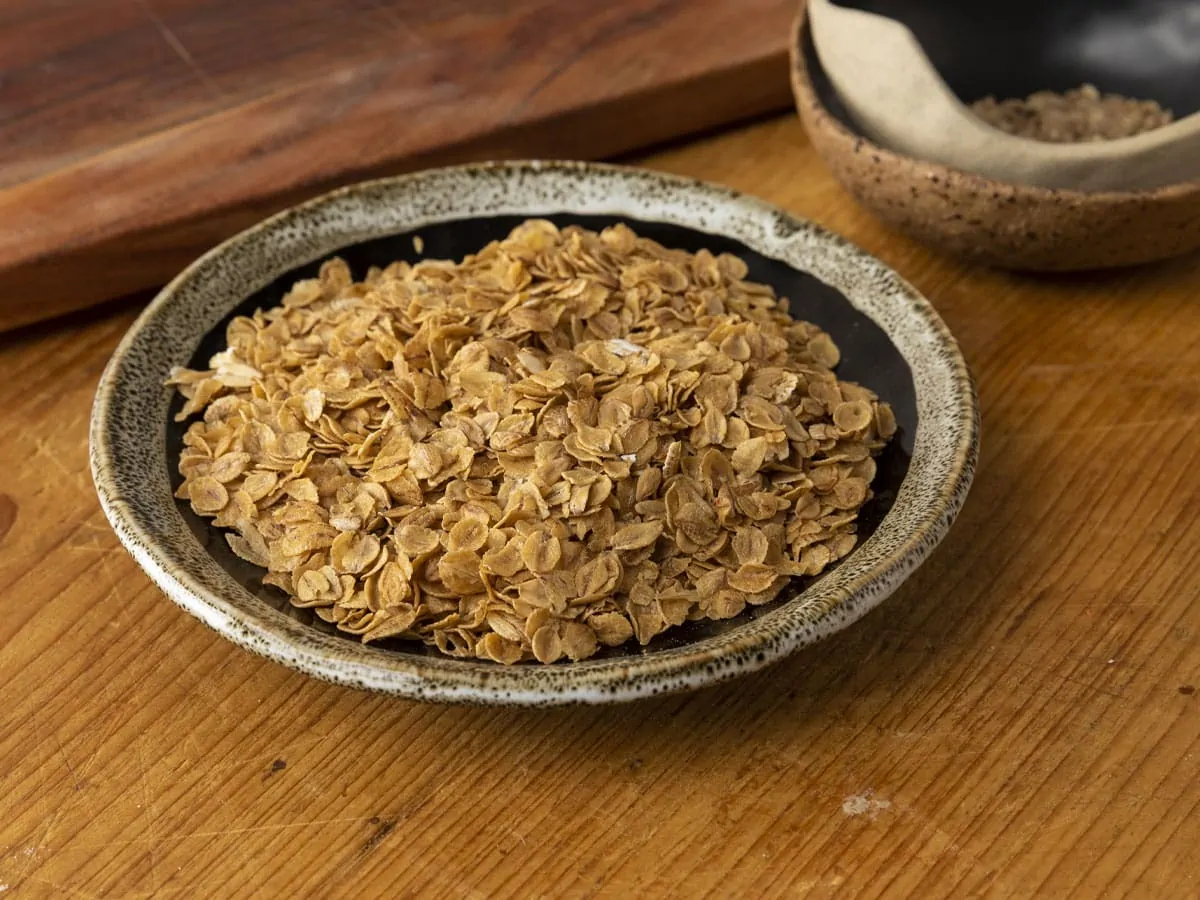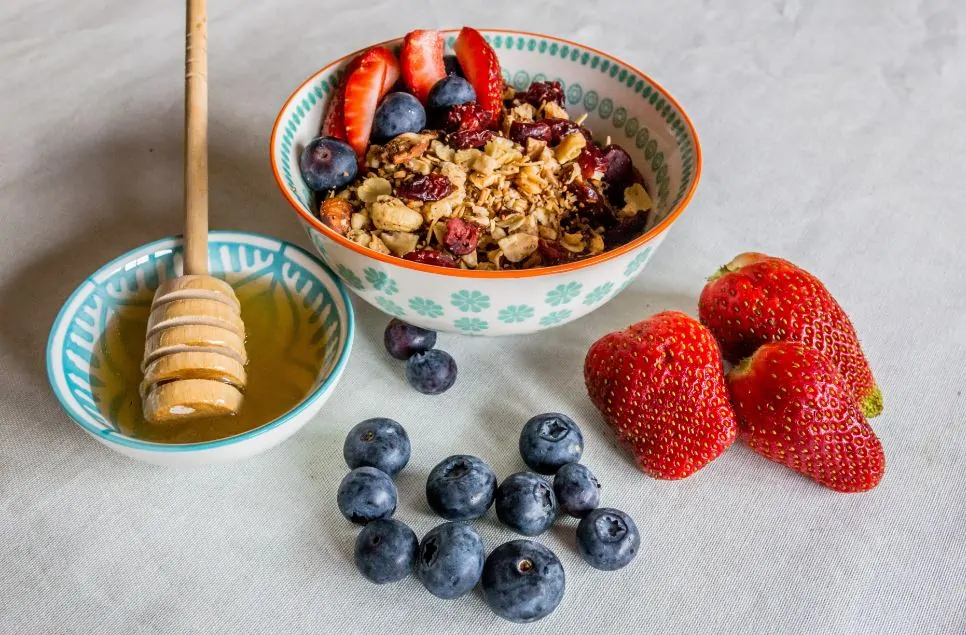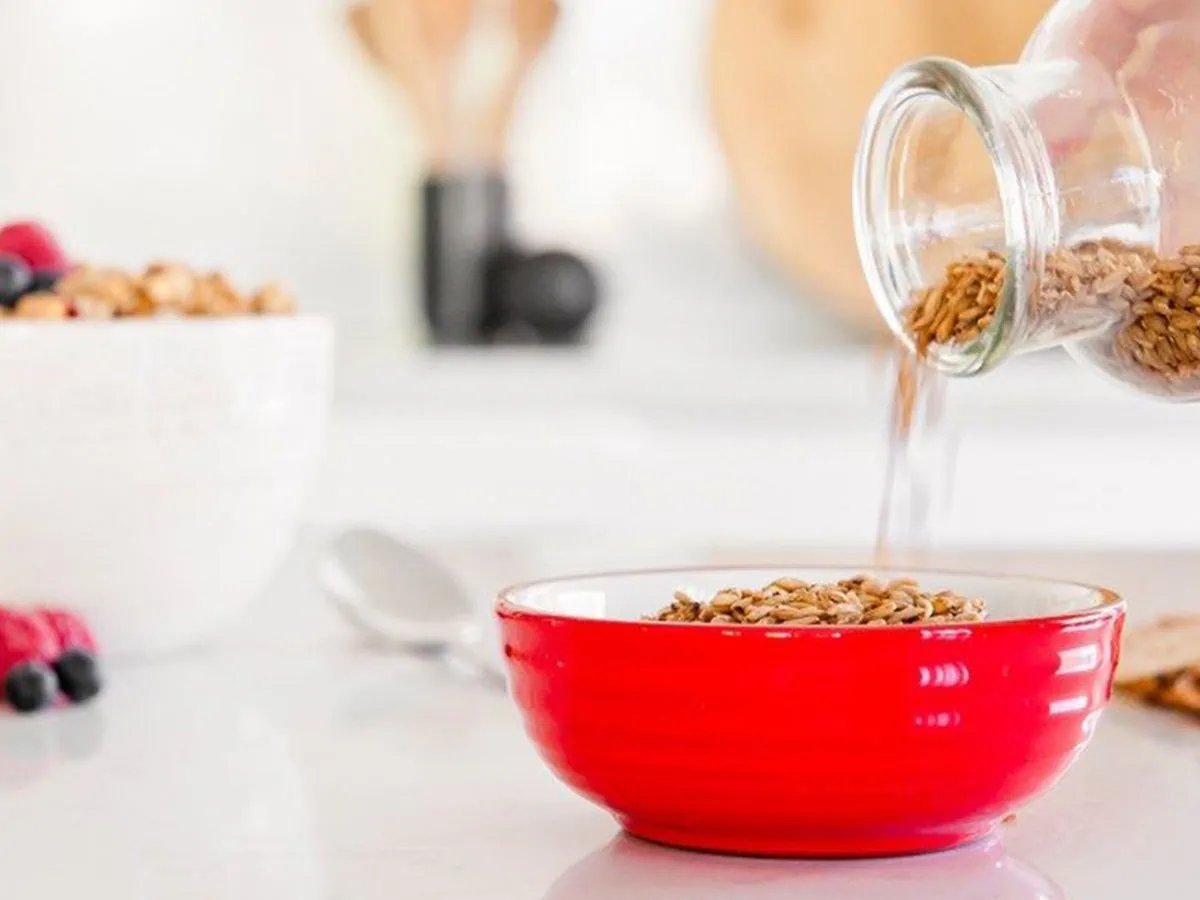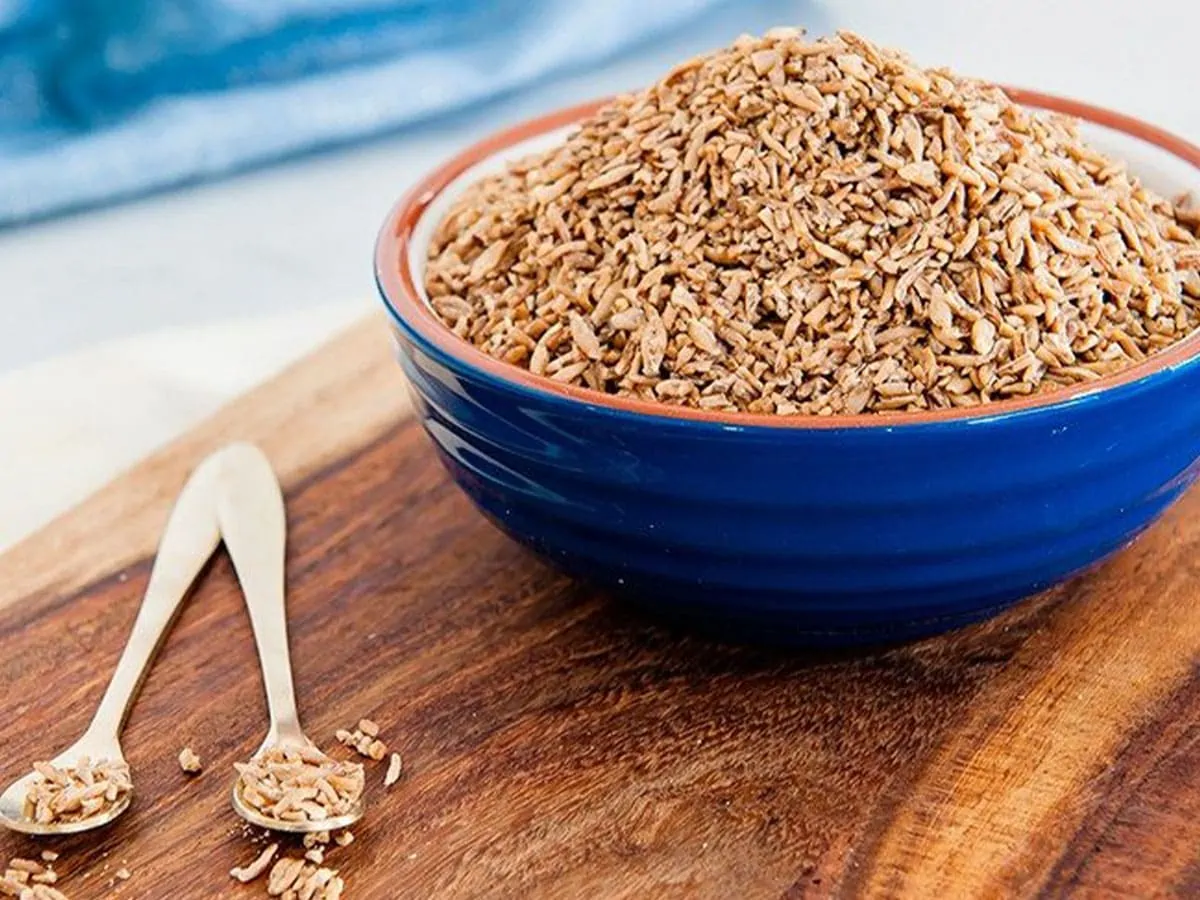Gut microbiome and immune system
The gut is the centre of the immune system —
70–80% of the body’s immune cells are in the gut
The immune system is the critical link between gut bacteria and their influence on health and disease. This is a complex relationship and one that science still has a long way to go before we really understand the intricacies between diet, the gut and the body’s immune system.
Gut bacteria are thought to be key in promoting early development of the gut’s mucosal immune system and continue to play an important role later in life.
Full term vaginally born infants are completely colonized with a diverse array of bacterial families by the end of their first year of life. The colonizing bacteria communicate with the gut epithelium and the underlying lymphoid tissue, which results in a functional immune system. By contrast, there may be inadequate bacterial colonization in premature infants, or those born by Caesarian section, as well as less immune cross-talk and an increased incidence of immune-mediated diseases. In adult life, the gut microbiome continues to influence the immune system, and also acts as a protector against invading micro-organisms in the gut. 1
The bi-directional influence of the gut and brain on each other’s functioning further complicates our understanding of how the system as a whole operates.2

Prebiotics and immune function
Prebiotics have both indirect effects on immune functioning (via the gut microbiome), as well as direct effects (due to their chemical structure). Ditto for probiotics, which affect immunity as viable cells, as well as their cell components.3 There are a number of other dietary components that may also exert effects on the immune system.
Studies into the role of the gut microbiome have generally been of two types; investigating the effect of adding prebiotics or probiotics to a diet on a particular symptom, as well as investigating such addition on a biomarker like cytokine.
Studies have shown that bacteria are very important for maintaining a healthy immune system and a diverse gut microflora allows the human immune system to maintain a balance between reaction and tolerance. Each person’s unique gut microbiota is in constant communication with their immune system. This ensures good bacteria can thrive in the body, while bad bacteria and foreign material are eradicated.
It is not possible to completely review such a broad topic in such a short space and so we illustrate the potential with a few examples.
Distant effects of prebiotics on the immune system
A meta-analysis has shown that prebiotics are protective against the onset of eczema and have the potential to combat other allergic diseases.
Another example are the reports of prebiotic ingestion leading to increased antibody responses after vaccination.4


Microbiome and cancer
In animal studies, mice lacking certain immune molecules that slow the immune response, called anti-inflammatory cytokines, have more bad bacteria in their gut. These mice are also more susceptible to bowel cancer than those with sufficient numbers of anti-inflammatory cytokines
Human studies using dietary intervention have found that targeting the gut microbiota is a promising avenue in order to prevent cancer or at least stop the increase of cancerous cells. O’Keefe et al investigated the role of fat and fibre in this association by conducting 2-week-long food changes in volunteers from both populations: African-Americans received an African-style diet high in fibre and low in fat, while rural Africans received a high-fat, low-fibre ‘Western’ diet. They found the food changes led to remarkable reciprocal changes in mucosal biomarkers of cancer risk. The dietary switch also changed the microbiota and metabolism in ways known to affect cancer risk. 6 This study suggests the potential of dietary intervention or use of prebiotics in colorectal cancer prevention.
Effect of prebiotics on markers of inflammation
Prebiotics encourage the growth of health bacteria and bacterial by-products (e.g. short chain fatty acids), which can promote mucosal immune homeostasis and improve intestinal epithelial integrity.
Inflammation is believed to play an important role in metabolic diseases such as obesity and type 2 diabetes. There are a suite of pro-inflammatory and anti-inflammatory markers such as cytokines and many studies looking at their modulation by the ingestion of prebiotics. In healthy human volunteers ingestion of various prebiotics has been shown to reduce production of certain pro-inflammatory cytokines and to increase the production of other anti-inflammatory cytokines.5

References
- Belkaid and T.W. Hand, Role of microbiota in immunity and inflammation. Cell157. (2014) p.121
- Sharon et al. The central nervous system and the gut microbiome. Cell 167 (2016) p. 915
- Salminen et at. Probiotics: how should they be defined? Trends in Food Science Technol. 10 (1999) p. 107
- Collins and G. Reid, Distant site effects of ingested prebiotics. Nutrients, 8 (2016), p.523
- Shokryazdan et al. Effects of prebiotics on immune system and cytokine expression. Med. Microbiol.Immunol. 206 (2017) p. 1
- J. O’Keefe, J.V. Li, L. Lahti, et al. Fat, fibre and cancer risk in African Americans and rural Africans. Nat Commun, 6 (2015), p. 6342
This page has been moved to a new home. In future, please visit: https://barleymax.com.au/immunity

